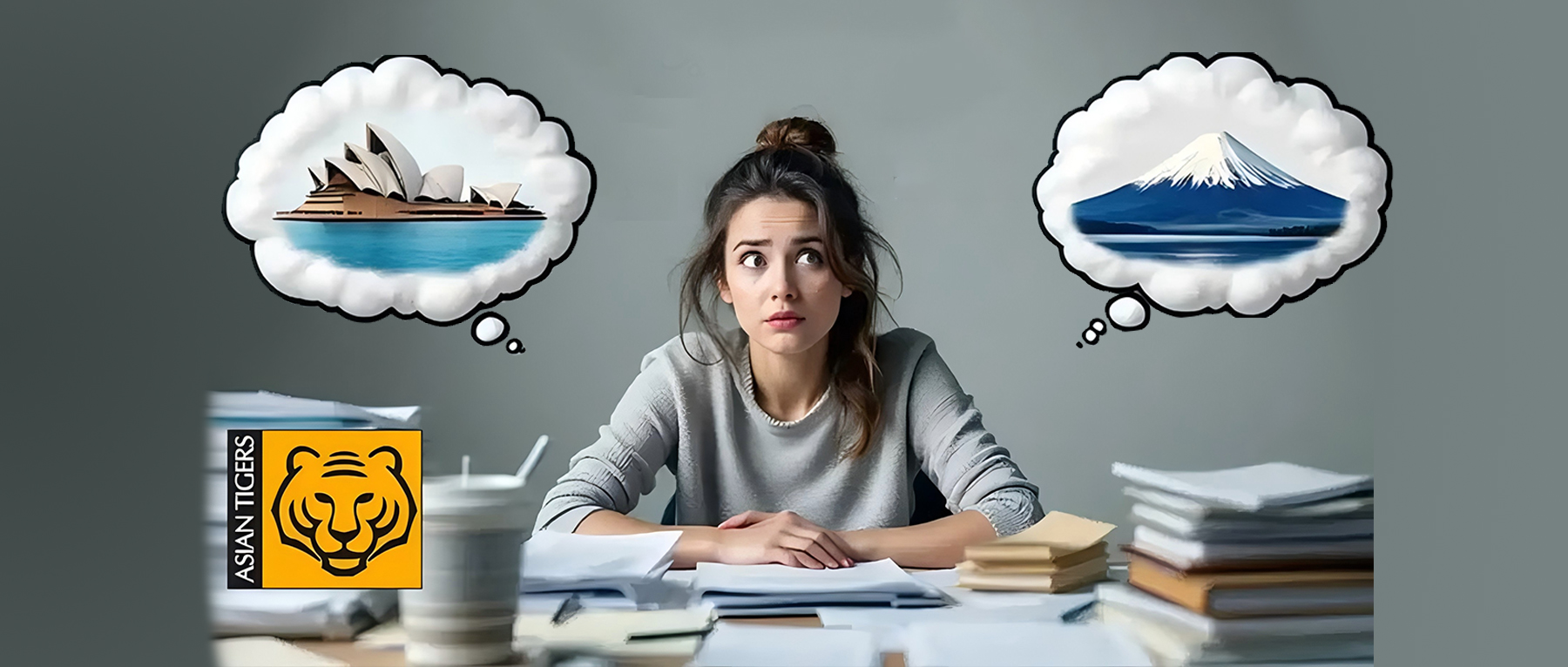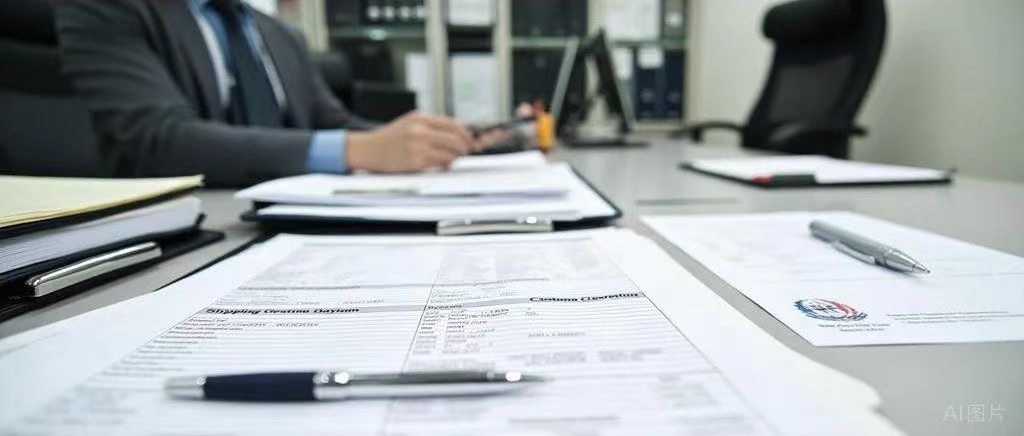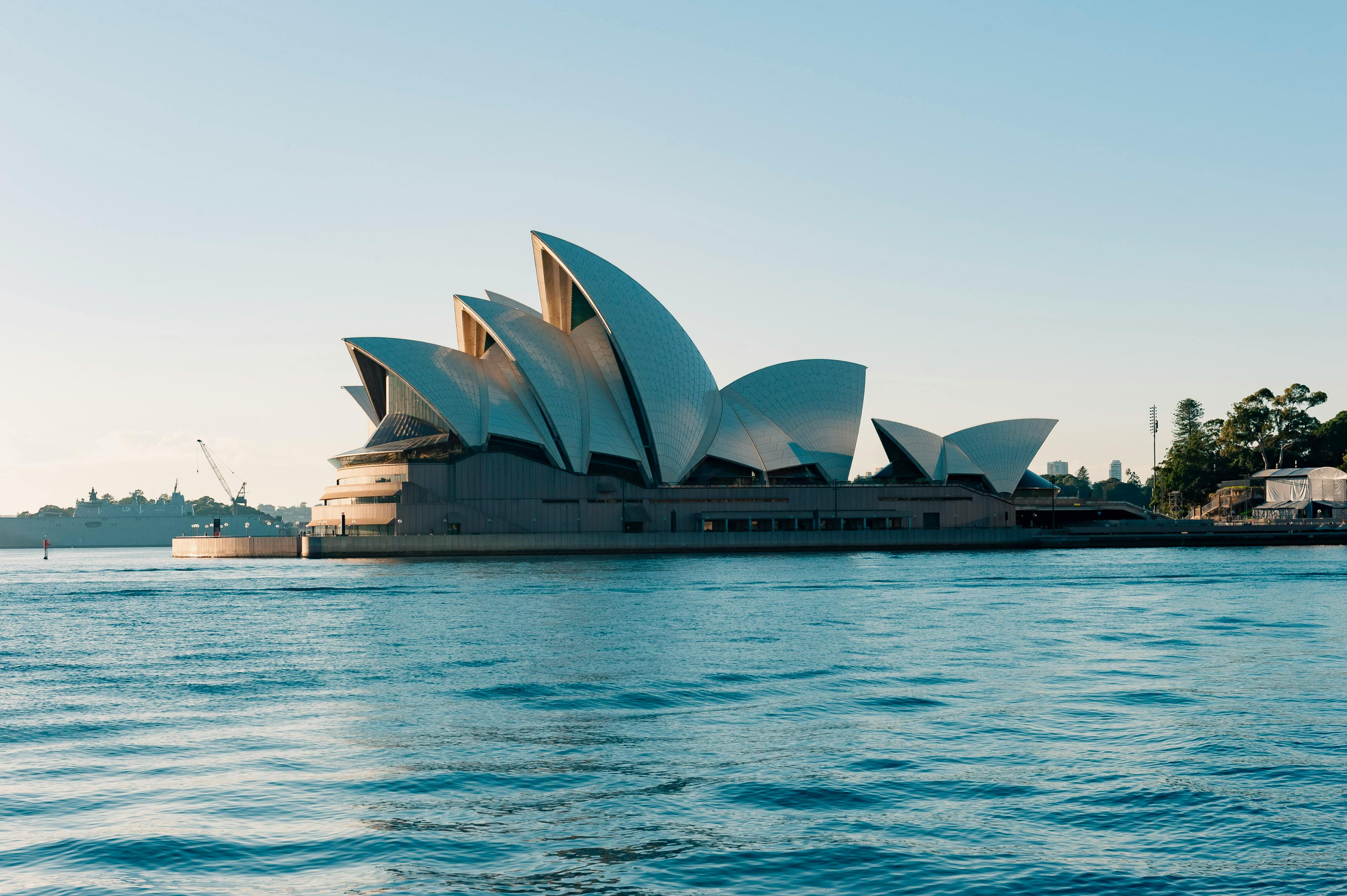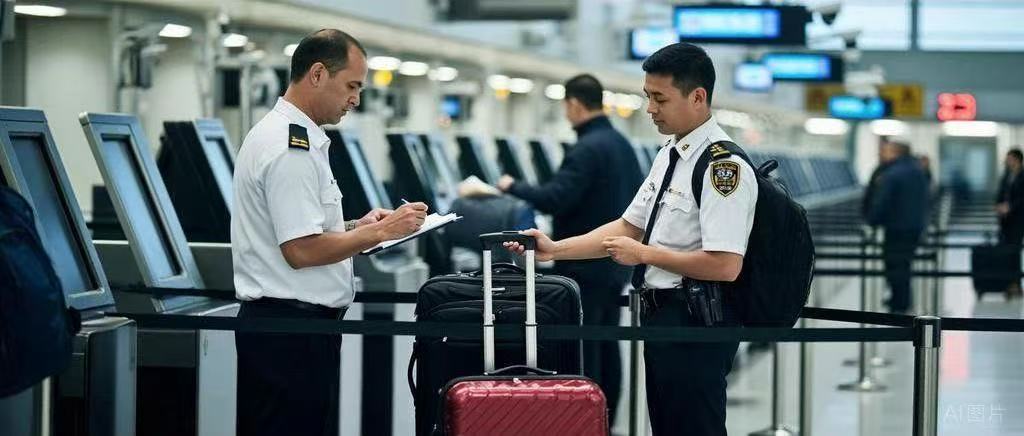What to know before moving to Japan or Australia
Are you moving to either Japan or Australia? We’ve been listening to your questions and these two markets are hot topics for questions on customs and regulations. When planning an international move, many families and professionals focus on packing, shipping, and timing. But one of the most overlooked—and potentially stressful—parts of any relocation is navigating customs clearance and documentation.

Some countries are more straightforward than others. Japan and Australia, while highly efficient and well-regulated, also rank among the most complex destinations when it comes to customs rules. Strict import regulations, documentation requirements, and inspection protocols can create costly delays if you’re not well-prepared.
Here’s what to know—and how to get ahead of it.

Customs Starts Before You Pack Before you even begin boxing up your home, you need to understand what’s allowed—and what’s not—at your destination.
Both Japan and Australia enforce rigorous restrictions around:
• Food products and plant materials
• Medications and vitamins
• Animal-based goods (including some leather items)
• Alcohol and tobacco
• Items with lithium batteries (e.g. e-bikes, vapes)
• Weapons, replicas, or sharp tools
It’s not just about bans—it’s about declaring the right items, packing them properly, and including accurate documentation to avoid penalties or confiscation.

Required Documents: What You’ll Need
While each move is unique, here are the core documents typically required to clear customs into Japan or Australia:
For both countries:
• Valid passport(s) for each family member
• Visa or residence permit (or proof of application)
• Inventory list with detailed descriptions (not just “kitchenware” or “clothes”)
• Proof of employment or school enrollment, where applicable
• Customs declaration forms provided by your mover or local authorities

Japan-specific:
• Original and copy of Certificate of Residence (Juminhyo) if already registered
• Detailed valuation sheet for high-value items
• Separate declaration for electronics and vehicles (if importing)

Australia-specific:
• Completed Unaccompanied Personal Effects (UPE) form
• Potential inspection for quarantine risk material (QRM), especially wood, leather, or camping gear
• Declaration of any prescription medication accompanied by a doctor’s letter

Expect Inspections—and Build in Time
In both countries, customs inspections are routine—not a sign something is wrong. But they can take time, especially during peak moving season. In Australia, quarantine inspections may delay delivery by 5–10 business days, while Japan may request in-person verification in specific cases. Delays are avoidable when:
• Documents are accurate and complete
• Inventory lists are detailed and match declared items
• You’ve planned your move timeline with a buffer for clearance and delivery

Need Help? You’re Not Alone.
At Asian Tigers, we guide every client through the customs process from start to finish. Our consultants are always ready to help you:
• Understand your destination’s import rules
• Prepare and translate necessary document
• Avoid common mistakes that trigger delays or fines
• Coordinate customs clearance with port authorities and delivery schedules
Moving Forward with Confidence
International relocation doesn’t have to be overwhelming. With careful preparation and experienced support, clearing customs—even in highly regulated countries like Japan or Australia—can be smooth, compliant, and stress-free. Let’s get moving—the right way.
